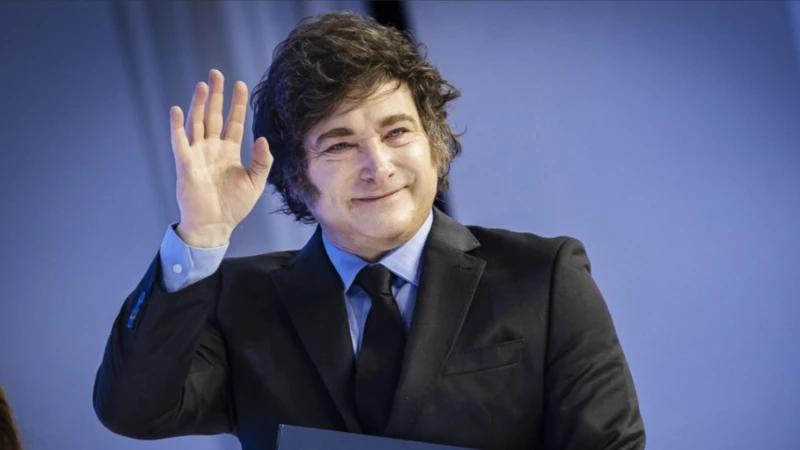Alternative crypto-currency FairCoin wants to boost another economy
- Cryptocurrencies have increased a lot in recent years, but they have gained a bad reputation due to speculation, the creation of economic bubbles or large fluctuations in prices, among other factors. But are all cryptocurrencies doomed to repeat problems that were already known to their money? FairCoin promoters believe not. That an alternative crypto-type currency is possible to help operate outside capitalism.

FairCoin was founded in 2014 as a crypto-ecological and post-capitalist currency. The Catalan Integral Cooperative (CIC) has been the main driver and the fundamental principle of the digital currency is revolutionary: economic and social life must be transformed by breaking down hierarchies, patriarchy and capitalist relations and replacing them with liberating models.
Horizontality and consensus decision-making are the fundamental principles of the FairCoop project that drives this cryptocurrency. With this way of operating, states want to differentiate themselves from propelled currencies, because their value depends on a few. This philosophy puts the political decision at the forefront, avoiding cryptography and the prevalence of market laws.
And that's what makes BitCoin different, for example: what's become popular with crypto currencies has often been criticized for the high energy expenditure it generates in the production process and for accepting transactions. FairCoin, for its part, is a digital currency that works very differently, with a few computers collaborating to accept transactions, which reduces energy consumption.
One of the best known faces behind the project is the well-known old one: Enric Duran, the Catalan Robin Hood, who in 2008 stole almost half a million euros to various banks and put that money at the service of the social alternative.
FairCoin has differences with the alternative currencies we have known so far – in Euskal Herria the Basque Country is the main exponent of this type of currency; in recent years similar currencies have multiplied in other parts of the world – money alternatives always have a local character, a vocation to strengthen local economies. With FairCoin, the drivers want to move from the local to the global, and to do so, the objective is to group the local nodes that are organized autonomously in an international ecosystem.










